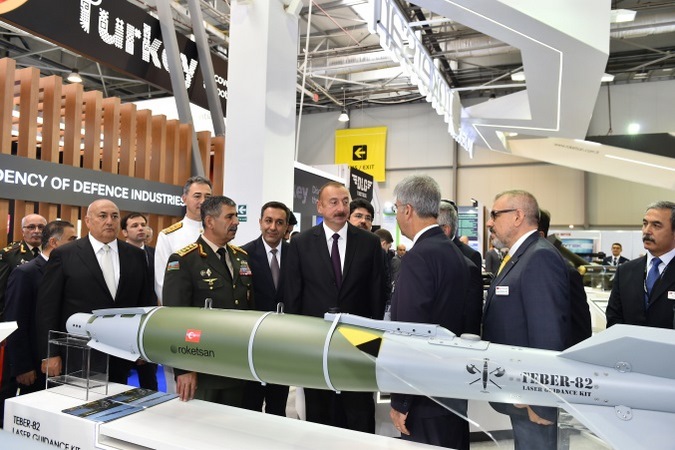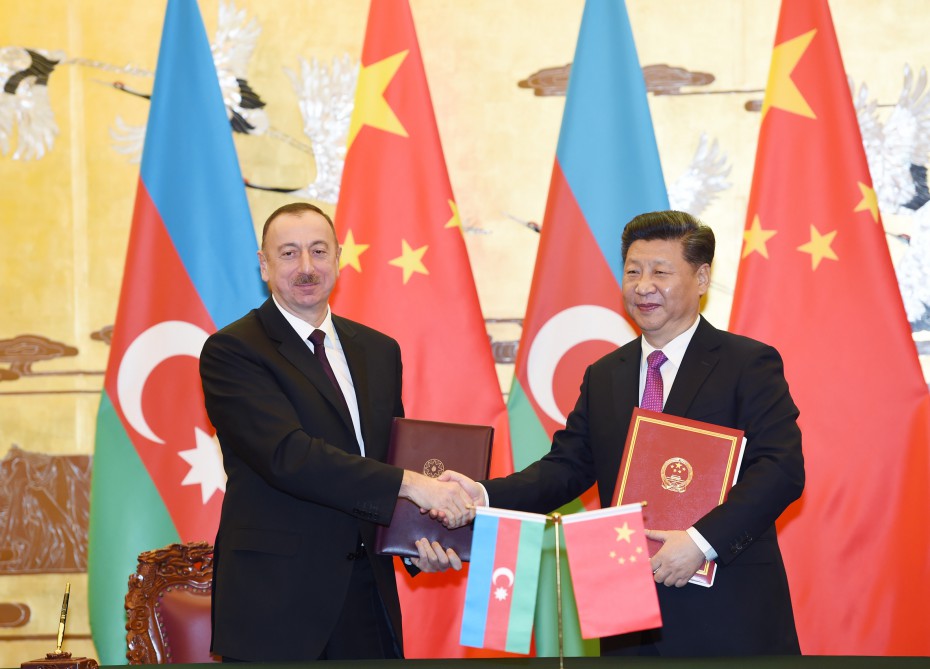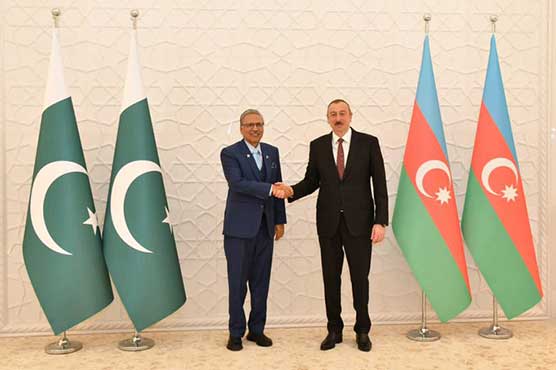Publication: Eurasia Daily Monitor Volume: 14 Issue: 93
Baku hosted the first joint gathering of the heads of the railway administrations of Iran, Azerbaijan, Georgia, Ukraine and Poland, on June 19. The meeting was dedicated to the newly-launched “South-West Transport Corridor,” which links into the broader Trans-Caspian International Route project launched in 2016. The event concluded with the signing of a new joint protocol that envisages expanding cooperation opportunities along the so-called “South-West” route (Iran–Azerbaijan–Georgia–by ferry across the Black Sea–Ukraine–Poland) in order to optimize cargo transportation and increase transit capacity. Reportedly, the next joint meeting of the working group will be held in Odesa in September 2017 (Trend, June 19). Continue reading




